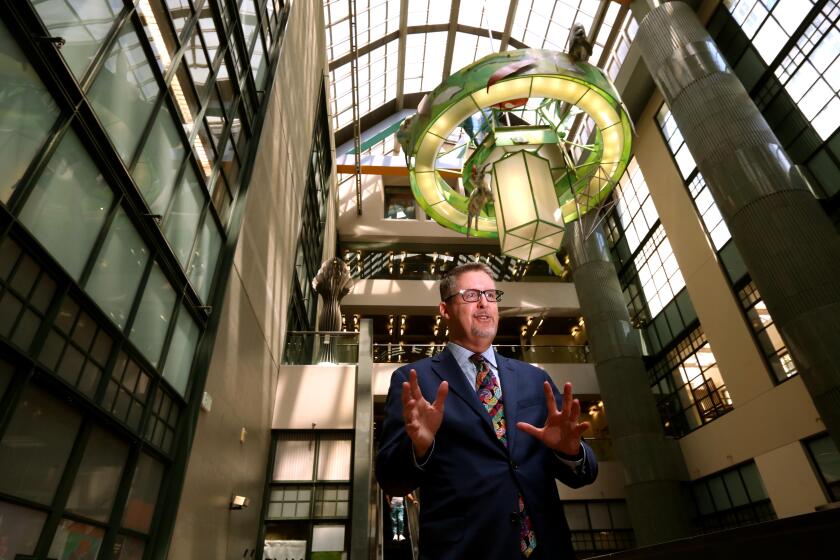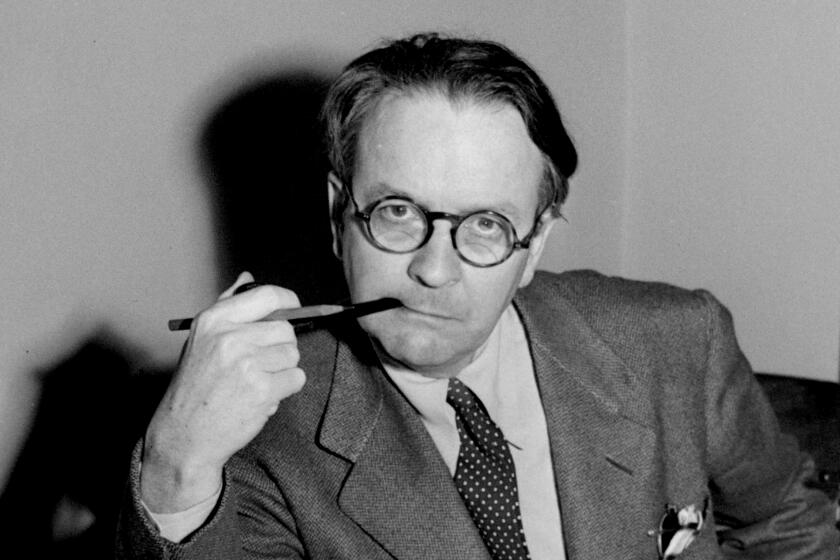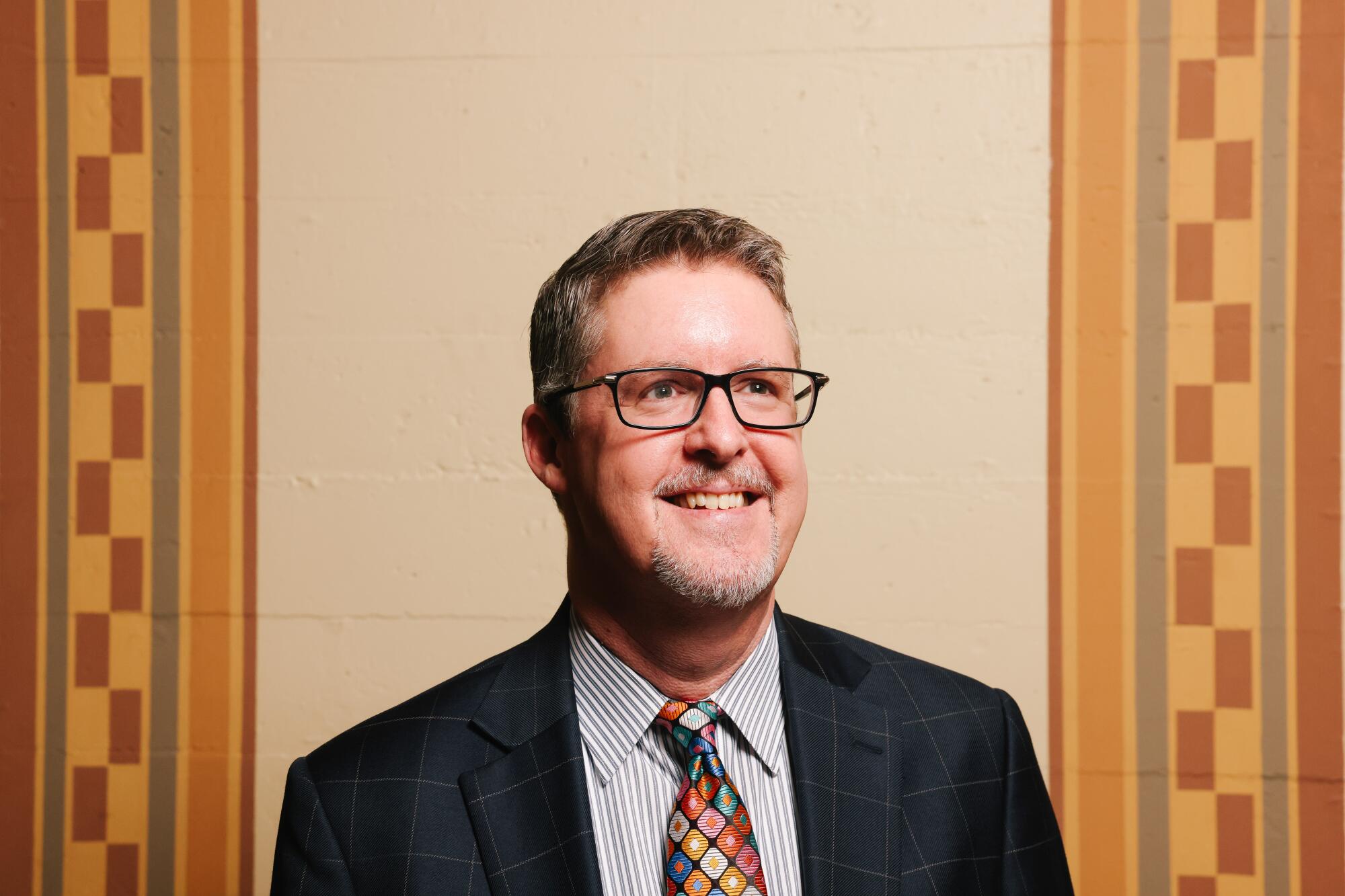
- Share via
The year just past was a bleak one for independent media.
Every day seemed to bring the announcement of a newspaper being bought out, a media company laying off journalists, an independent press shutting down. When Paddy Calistro and Scott McAuley, the co-founders of Angel City Press, announced they were retiring from the publishing house they’d run for more than 30 years, it sounded like just another sad story in 2023.
But the L.A. institution had a surprising plan. In an unprecedented turn of events, the publisher dedicated to celebrating L.A.’s rich cultural history has been acquired by the Los Angeles Public Library.
On Dec. 16, the LAPL, the fifth-largest public library system in the U.S., announced the acquisition of the press from a donation by Calistro and McAuley. The outfit will now be called Angel City Press at the Los Angeles Public Library.
The L.A. City librarian oversees more than books. His world encompasses the complexities, joys, possibilities and sadness of Los Angeles.
The press puts out five to eight books a year, with eight in the pipeline for 2024. Editorial director Terri Accomazzo, who started with the company as an intern in 2007 and has been in her position full time since 2018, will stay on in her role — guaranteeing a level of continuity under the literary system’s umbrella.
“I really can’t believe that it’s happening because it’s so right,” said Calistro.
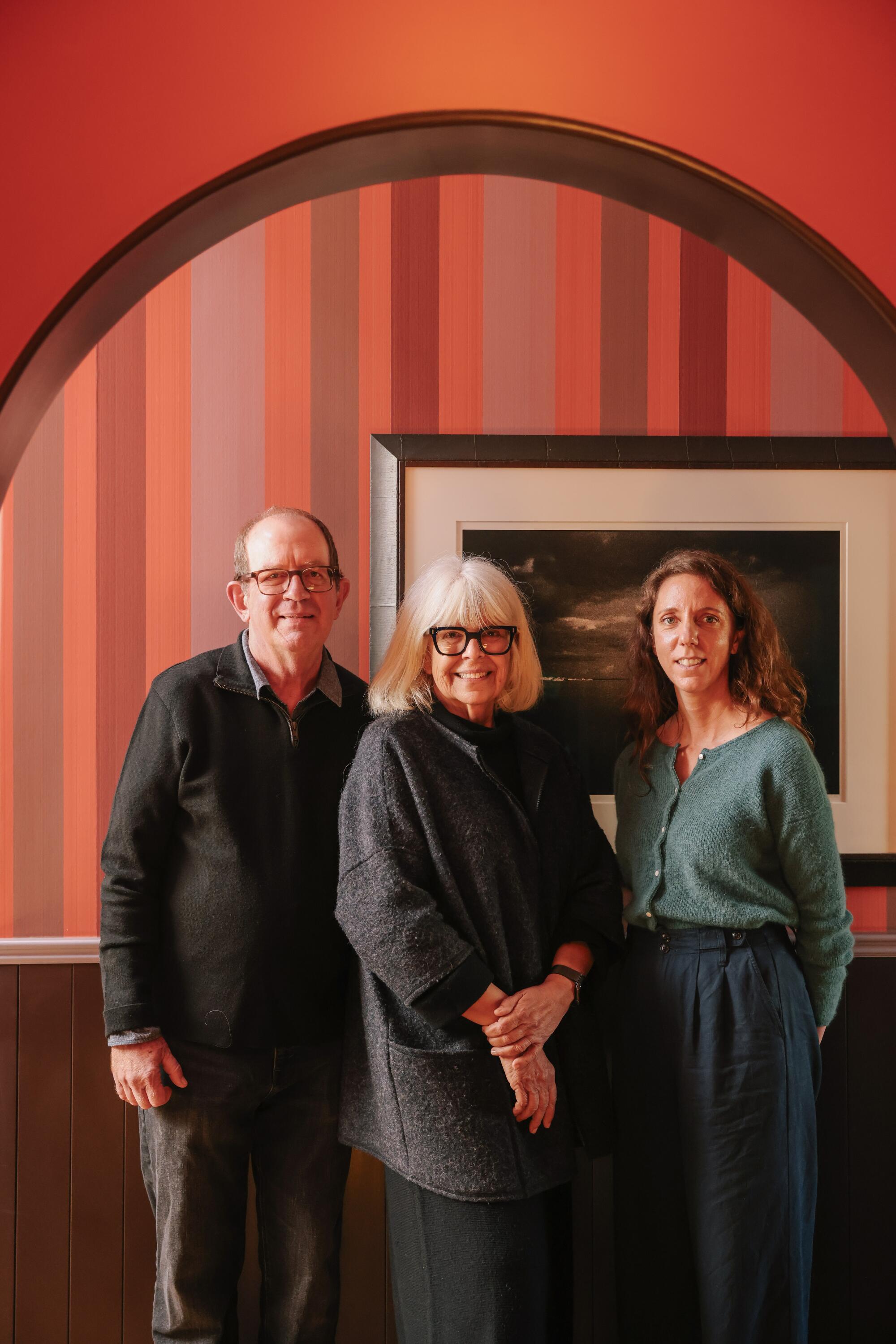
The LAPL, which manages 73 branches and houses more than 8 million books, has lately been much more ambitious than even the average big-city library system, aggressively expanding its special collections in recent years. But acquiring an entire press takes the system to a whole new level.
John F. Szabo, the city librarian of Los Angeles since 2012, says it’s a unique step not only for the LAPL but also for any public library system.
“I am not at all aware of an independent publisher becoming part of a public library anywhere in the country,” Szabo told me over the phone. He has served under three mayors and has been a librarian for more than 30 years.
The LAPL won’t be the first library system with its own press. The Library of Congress Publishing Office puts out titles through its Library of Congress Books program. In 2016, the New York Public Library launched its own imprint that publishes five books a year, celebrating all that libraries do for New Yorkers.
How the Los Angeles Public Library is evolving with challenging times. “Where else can you walk in off the street and get help for whatever you need?”
There are broader links between libraries and publishers: The Assn. of Research Libraries works closely with the Assn. of University Presses to share information and opportunities. But the LAPL’s acquisition speaks to its unique relationship with Angel City Press.
“The reason that this has made sense from the beginning,” said Calistro, “is that the missions of the two entities are the same. We have always wanted to preserve the history of Los Angeles and get people to read about it, and that’s what the library does.”
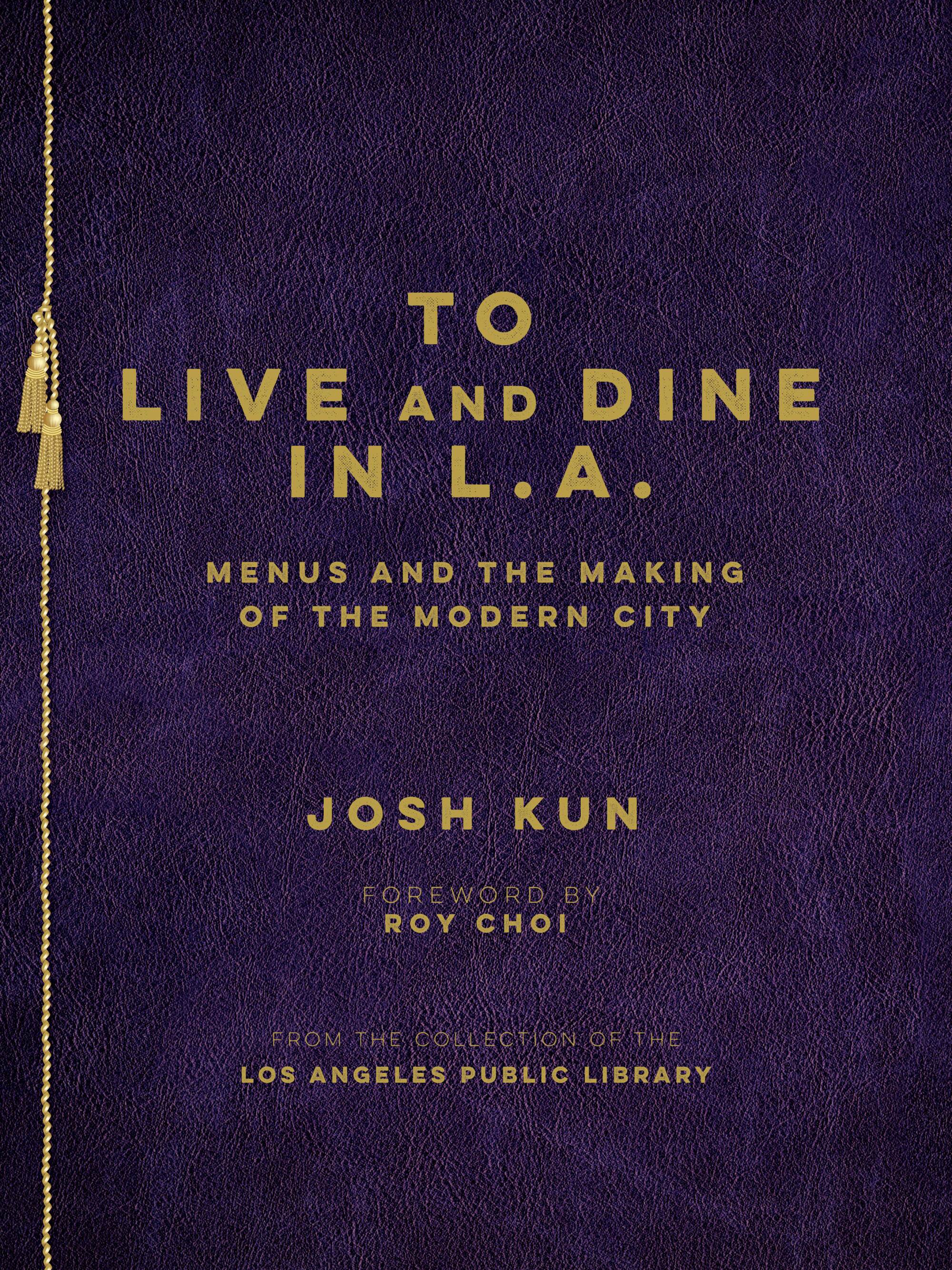
Founded in 1992 in Santa Monica, Angel City has made massive contributions to L.A.’s cultural history, publishing influential books ranging from its first endeavor, Betty Goodwin’s “Hollywood du Jour: Lost Recipes of Legendary Hollywood Haunts” (1993), to D.J. Waldie’s “Becoming Los Angeles: Myth, Memory, and a Sense of Place” (2020). The publisher also has an existing partnership with an L.A. institution through the Huntington Library Press.
While the LAPL acquisition has been in the works for a couple years, the two organizations have been frequent collaborators for more than a decade.
In 2013, Angel City Press partnered with the library system to publish “Songs in the Key of Los Angeles” by Josh Kun. The bulk of the book’s source material came from the library’s Southern California Sheet Music Collection and was assembled with assistance from the LAPL.
This launched a trilogy of sorts by Kun, which continued with “To Live and Dine in L.A.: Menus and the Making of the Modern City” (2015) and concluded with “The Autograph Book of L.A.” (2019). Angel City has even published a book about the library itself: “Los Angeles Central Library: A History of Its Art and Architecture,” by Arnold Schwartzman and Stephen Gee.
“We preserve stories, and we tell stories,” Szabo said. “We’re committed to preserving L.A. history, and we get excited about telling untold stories of Los Angeles and Angelenos. That’s very much what Angel City Press has done through their publishing of very high-quality, well-researched books with wonderful authors.”
Between the comfy chairs, cozy nooks and adjacent cafes, bookstores these days look more like private libraries than places of commerce.
With Angel City Press at the Los Angeles Public Library serving as the publishing arm for the LAPL, it can continue that mission. “It’s about spreading the word and making L.A. and Southern California history more known, more discoverable, more out there,” Szabo said.
Now that LAPL is running a press, does that mean the library is getting into the business of selling books? Will copies of books by Angel City authors be available for sale at the library?
Absolutely not. “We’re obviously going to be interested in having the books sell as successfully as possible,” Szabo said, “but we’re not going to harm the fundamental mission of the library to provide free and easy access to the content on our shelves. We’re not going to sacrifice that mission. Just because we’re operating Angel City Press, we’re not going to buy 500 copies of every title and put them in every branch library. That’s not prudent. That’s not what a good library would do.”
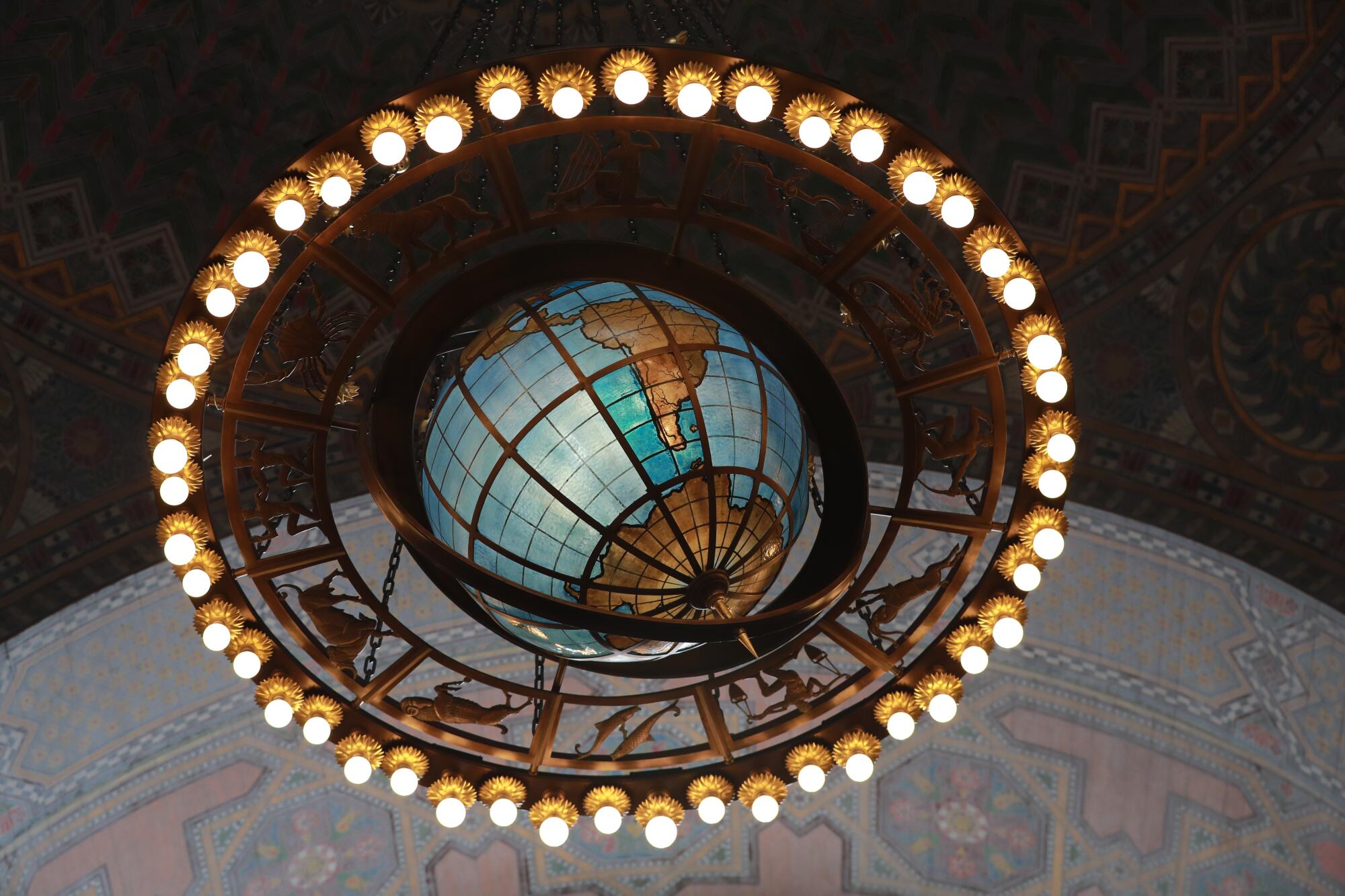
The LAPL, Szabo was quick to remind me, circulates more e-books and e-audiobooks than any other library in North America. Providing free and easy access to books will remain the library’s core mission.
For its part, Angel City Press will continue under the leadership of Accomazzo, who already supervises editorial acquisition, book design, printing and proofreading.
“It’s important that we have someone who has that capacity and that expertise,” Szabo says of Accomazzo’s leadership. “We’re just delighted that she’s going to be providing that as the press comes over. That’s a really wonderful bridge.”
While Szabo will not be giving the press’ books, representing roughly 100 authors, preferential placement on library shelves, he is confident there will be opportunities to promote new and existing works through special events and programming — as long as it makes sense to do so.
Drawing on Octavia E. Butler’s journals and notes, “A Handful of Earth, A Handful of Sky” offers a glimpse inside her journey to becoming a science fiction writer.
But of course, he has his personal Angel City favorites.
Naturally, he’s biased in favor of “Los Angeles Central Library,” for which he wrote the foreword, but he’s also a big admirer of Lynell George’s “A Handful of Earth, A Handful of Sky: The World of Octavia E. Butler,” about the groundbreaking work of the late science fiction author and longtime Pasadena resident.
Although Szabo has plenty of ideas for how to bring both press and library together on new initiatives, such as releasing material for children and producing digital content in other languages, he’s happy right now to share the good news and focus on making the transition a smooth one.
“We’re always thinking,” he says, “of creative ways that we can tell stories and share them with others.”
Ruland is the author of “Corporate Rock Sucks: The Rise & Fall of SST Records” and the novel “Make It Stop.”
More to Read
Sign up for our Book Club newsletter
Get the latest news, events and more from the Los Angeles Times Book Club, and help us get L.A. reading and talking.
You may occasionally receive promotional content from the Los Angeles Times.
